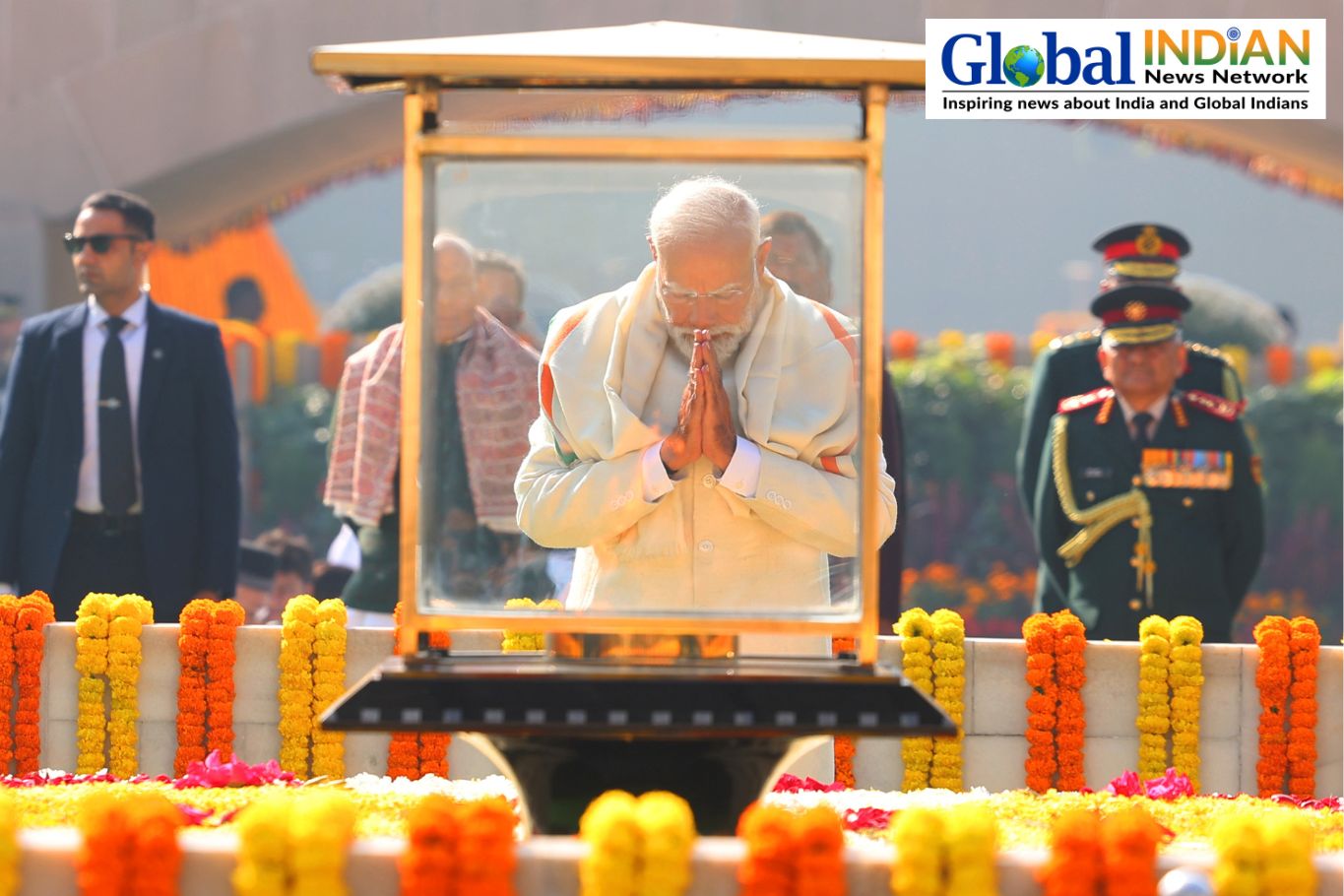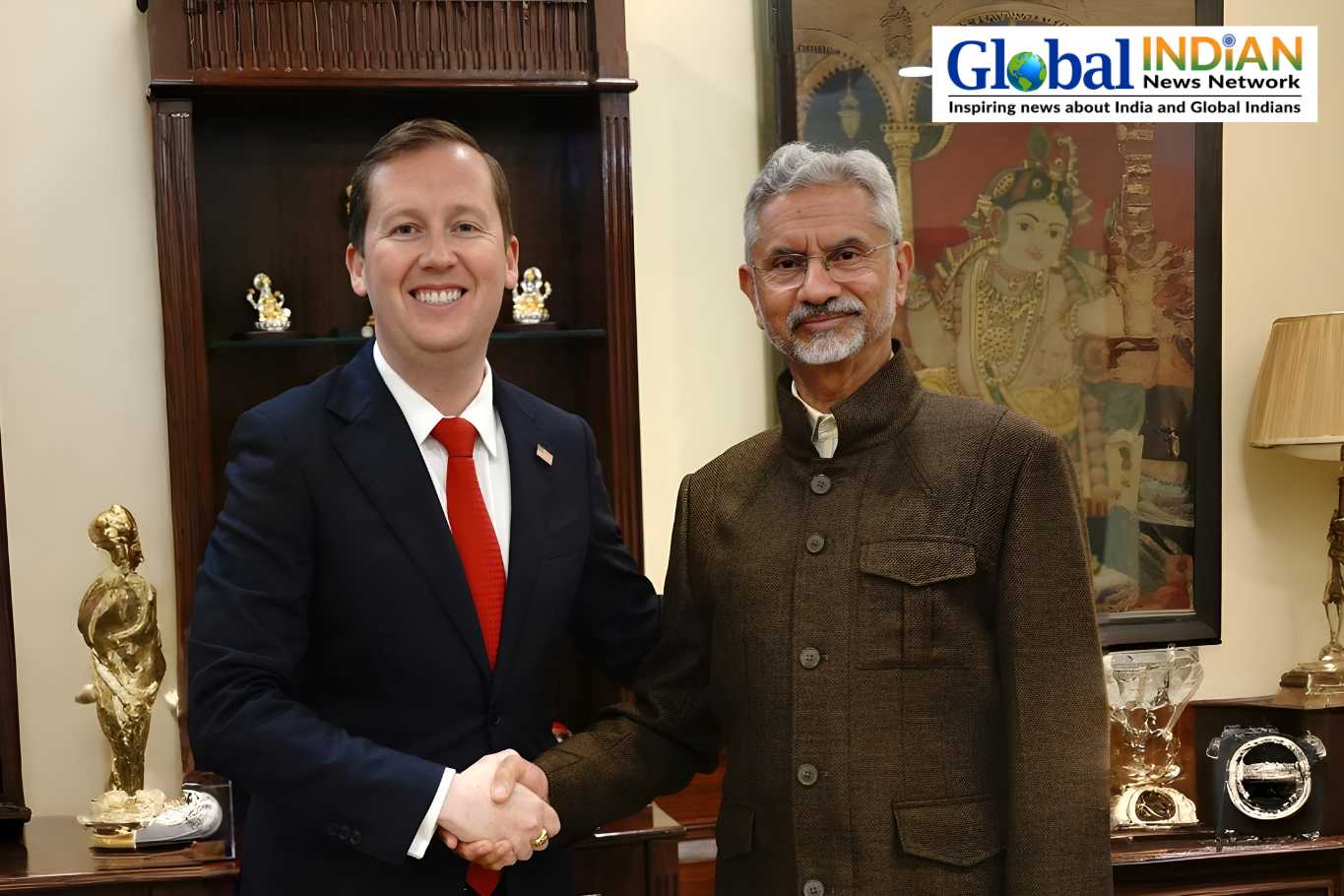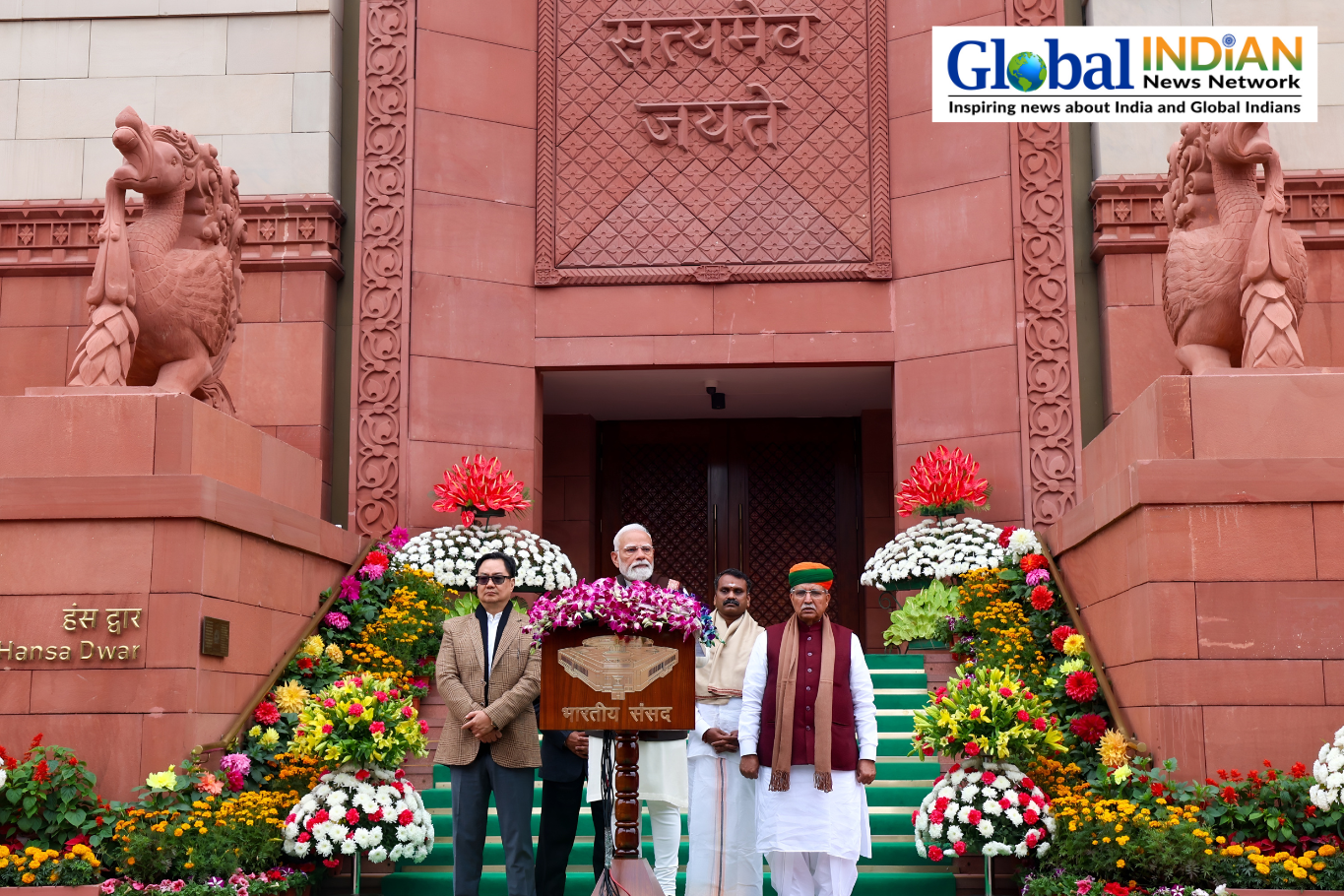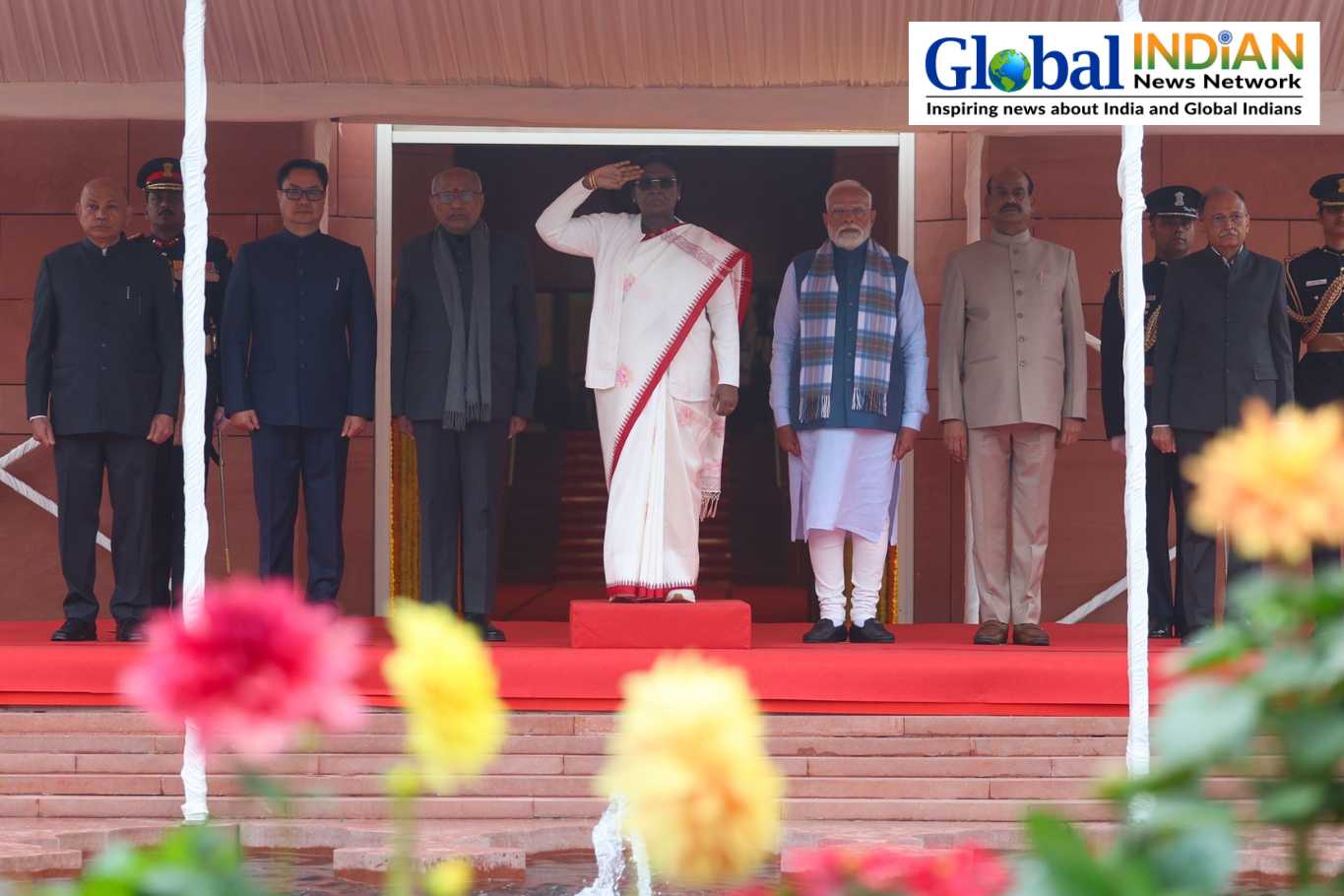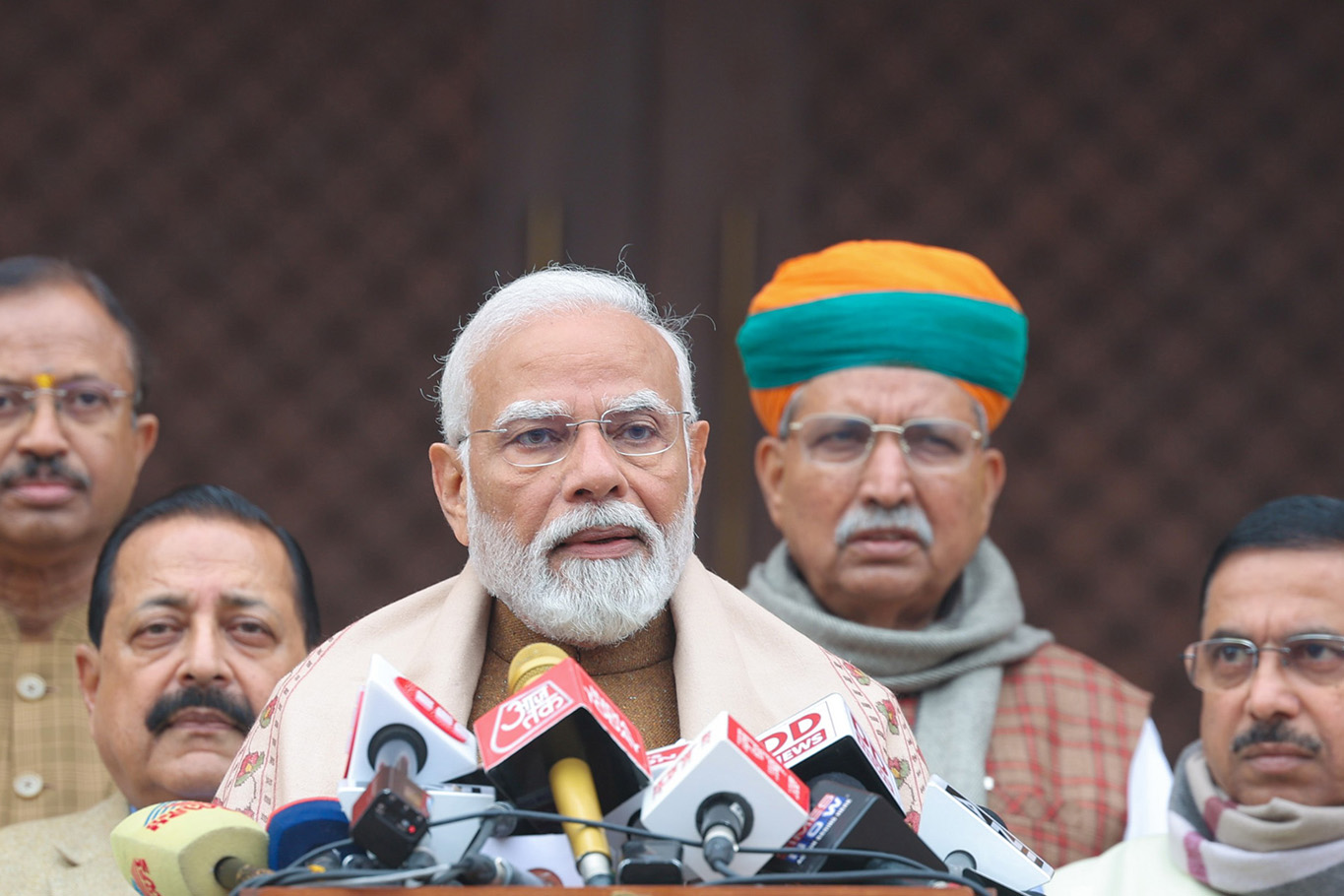
India’s ruling party, the Bharatiya Janata Party (BJP), has expanded its influence to almost two-thirds of the country’s states, enhancing Prime Minister Narendra Modi’s prospects for the upcoming national elections. The BJP, either independently or in coalition, now governs 17 of India’s 28 states, encompassing a population of 720.6 million and representing about 55.24% of parliamentary seats. While state-level control doesn’t guarantee national support, it strengthens the BJP’s position, especially as the opposition alliance (I.N.D.I.A.), created to challenge Modi, faces setbacks.
The recent inclusion of Bihar in the BJP’s domain has disrupted the I.N.D.I.A. alliance, characterized as a fragile structure susceptible to collapse. The remaining 11 states are under the control of regional parties or the Indian National Congress, the principal opposition party. Bihar’s chief minister dissolved the opposition-led government to align with Modi’s party, further weakening the opposition alliance.
As the Election Commission of India prepares to announce poll dates in the coming weeks, the BJP’s expanded control sets the stage for nationwide elections in April and May. With over 945 million registered voters, these elections will determine the 543 lawmakers in the lower house of the Indian parliament. In the 2019 elections, 614 million out of 911 million registered voters participated.
In the 2019 national elections, the BJP secured 303 parliamentary seats, comfortably surpassing the halfway mark of 272. Currently holding 290 seats, the party’s recent consolidation with Bihar brings the total to 300 seats, reinforcing its political landscape.

